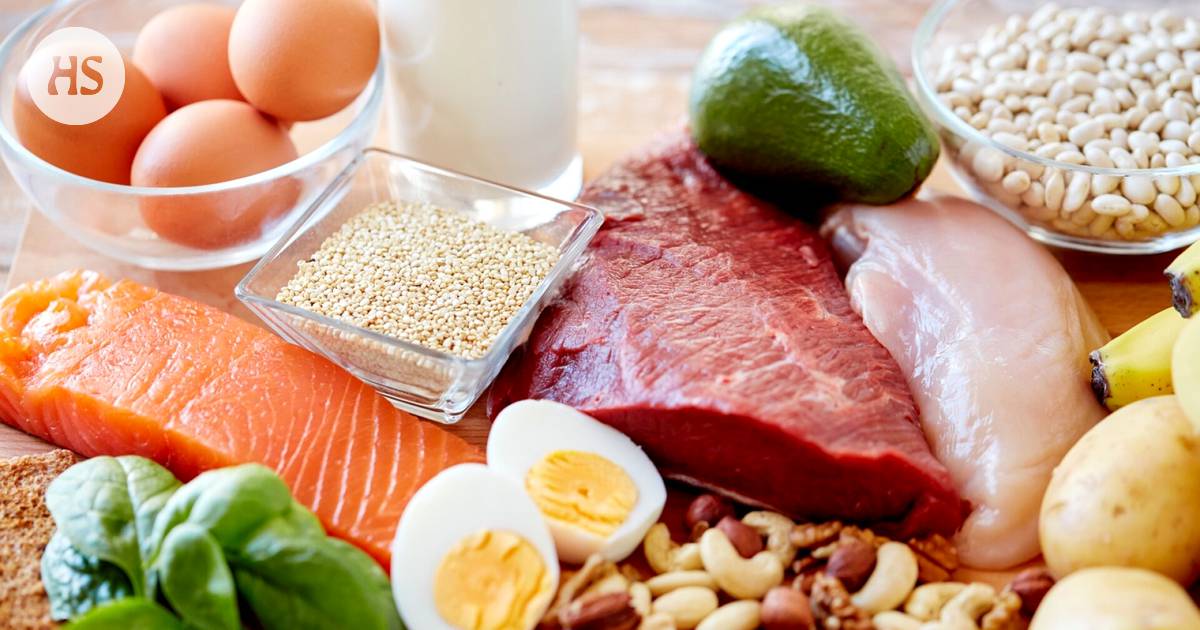New research conducted by the University of Pittsburgh has shed light on how a diet high in protein can negatively impact heart health and blood vessels. Protein is an essential nutrient for humans, and current recommendations suggest that people under the age of 65 should consume 10-20 percent of their total energy from protein. In Finland, about 80 percent of the population meets this recommendation, with men consuming more protein than women.
However, a study published in the scientific journal Nature Metabolism found that consuming more than 22 percent of total energy from protein can activate immune cells associated with arterial disease development. This activation is linked to the amino acid leucine, which is abundant in animal-based foods such as red meat, eggs, and milk.
Further experiments in mice, cell cultures, and human trials with overweight participants revealed that high-protein meals increased leucine levels in the blood, affecting immune cell function. Macrophages, which clean up cellular waste, may accumulate waste under artery walls due to excessive protein intake, leading to plaque formation and inflammation.
The second lead author of the study, Professor of Cardiology Babak Razani, warns against blindly increasing protein intake as it may harm arteries. He suggests that more research is needed to determine the optimal level of protein consumption to maximize benefits like muscle growth while avoiding negative effects on heart health. Studies have suggested that high consumption of animal proteins may be linked to cardiovascular disease mortality. A diet high in protein can also increase the risk of diabetes and put strain on the kidneys. Arteriosclerosis-related circulatory diseases are the most common cause of death in Finland, highlighting the importance of understanding the impact of protein intake on heart health.


